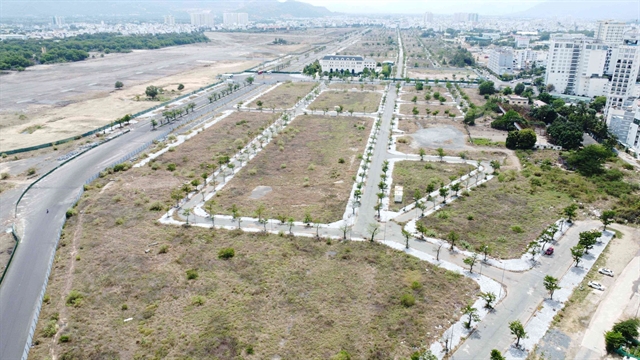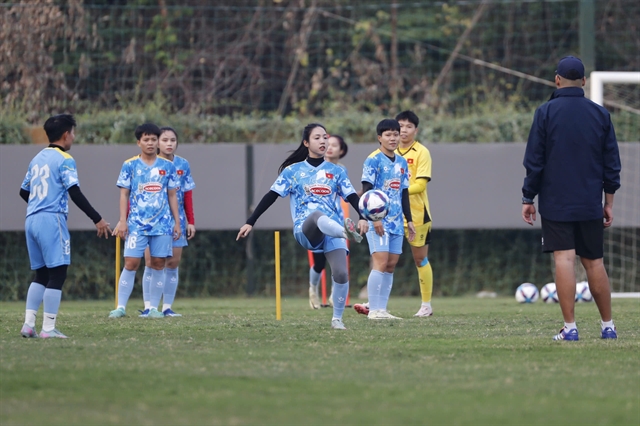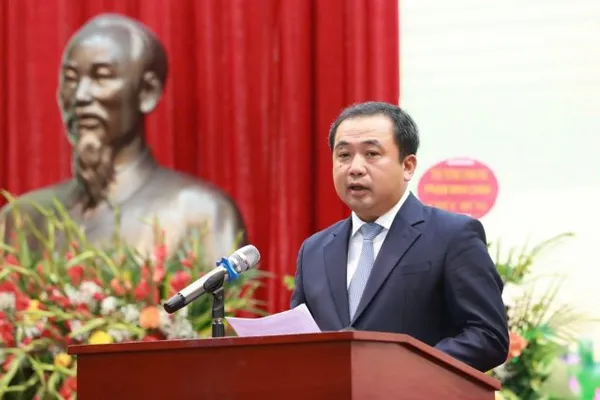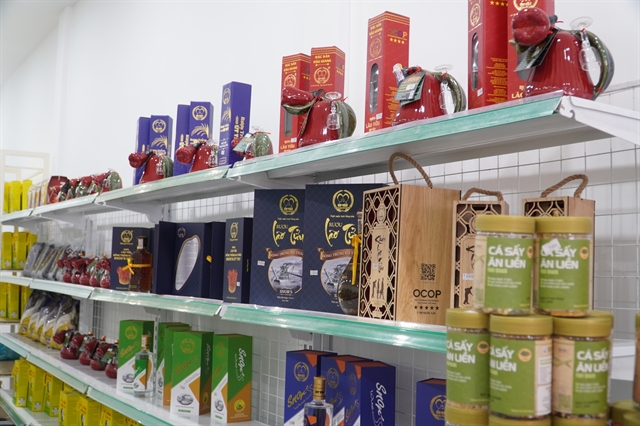 Society
Society
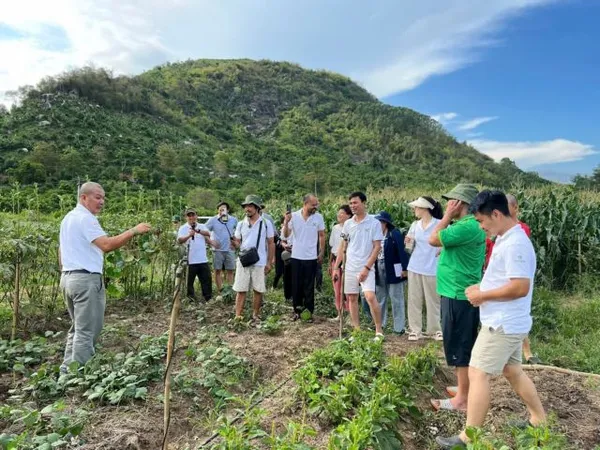
Vice head of Việt Nam Environment Administration Nguyễn Thượng Hiền told Lao động (Labour) newspaper about medical waste treatment during the COVID-19 pandemic.
Vice head of Việt Nam Environment Administration Nguyễn Thượng Hiền told Lao động (Labour) newspaper about medical waste treatment during the COVID-19 pandemic.
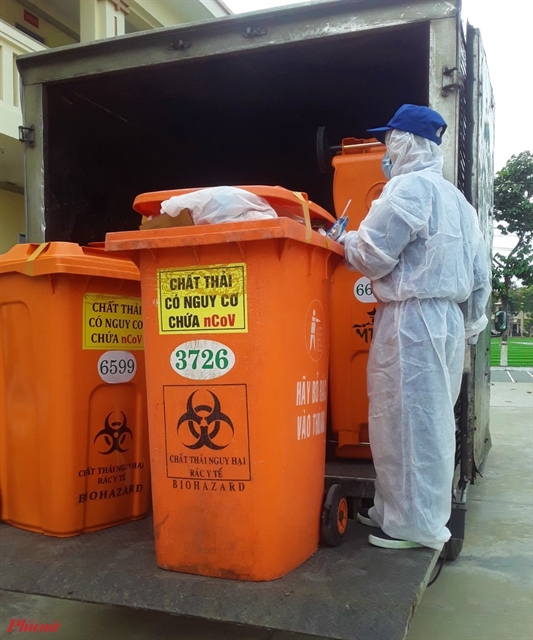
|
| Waste is carried out of a quarantine area in HCM City. Photo phunuonline.com.vn |
The amount of medical waste like used protective suits and face masks increases during the COVID-19 pandemic. Is there any specific instructions and process to deal with this?
The Ministry of Natural Resources and Environment has instructions in collecting and treating medical waste like used protective suits and face masks during the pandemic. Waste, especially, medical waste discharged from areas of quarantine, examination, treatment for COVID-19 patients and people suspected of carrying the virus is considered as infectious waste which requires a strict collection process, storage and treatment. The waste must be classified at source and put into bags in covered waste bins which are Labeled “infectious medical waste”.
When the waste is collected for further treatment, every waste-containing bag is sealed and then placed into another sealed bag. The bags will be put in “infectious medical waste” bins which are taken to a storage area at least twice a day.
The medical waste can be treated either at the hospitals’ waste treatment areas or the facilities shared by other hospitals nearby. In other cases, the waste can be transferred to places that are permitted to treat medical waste.
During transportation, the waste must not be dropped or leak. The infectious medical waste must be transported and treated within a day and the treatment must meet national technical standards on environment.
Liquid waste must be de-infected and then sent to concentrated waste water plants for further treatment. Healthcare workers are required to wear protective suits and sprayed antibacterial products when they meet and take testing samples for patients.
What can people do to help control the infectious medical waste properly?
Medical waste which is generated in healthcare centres and quarantine areas such as face masks, protective suits, medical gloves must be collected, stored, transported and treated under a strict process. For example, the waste must be put into a specialised package, collected separately from other kinds of waste, transported by specialised vehicles.
Among responses to the COVID-19 pandemic, the Ministry of Natural Resources and Environment asked People’s Committees in provinces/cities, healthcare centres and quarantine centres to collect and store used face masks properly.
Visitors to hospitals and healthcare centres have to leave their used face masks in regulated areas. The small action would help reduce the risk of disease spreading very much.
People whose work is to collect the infectious medical waste also face huge risk of infection. What are protective measures for them?
When working with infectious medical waste, people must use personal protective items including clothes, hats, boots, gloves and face masks to ensure safety and protect themselves from infection.
During the COVID-19 pandemic, the environment ministry asked localities and relevant agencies to ensure sufficient funds to equip all involved people with proper protective items. VNS

